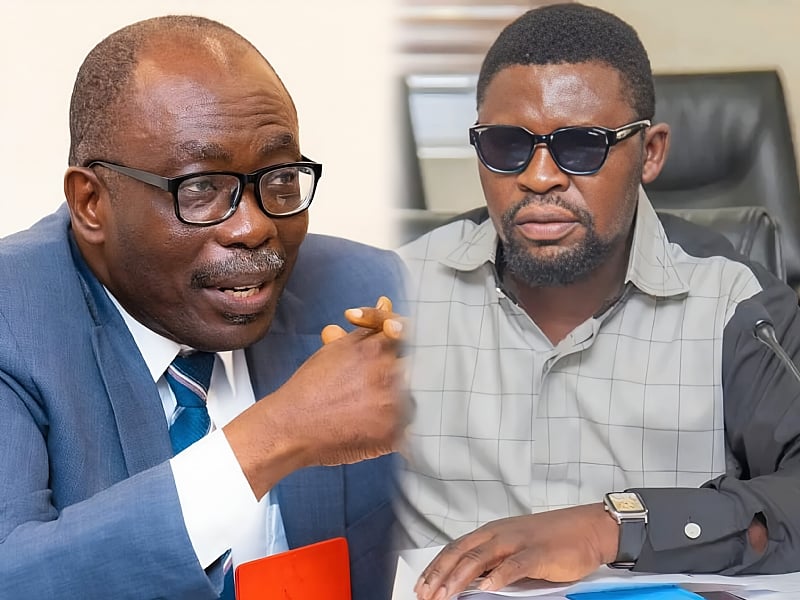The controversy surrounding the Ghana Education Service’s (GES) attempt to regulate Parent-Teacher Associations (PTAs) highlights a critical tension between government oversight and the autonomy of voluntary organizations in the education sector. Obenfo Nana Kwasi Gyetuah, the National Executive Director of the Ghana National Council of Private Schools (GNACOPS), has vehemently opposed the GES’s directive, arguing that it constitutes an overreach of their legal authority. While acknowledging the importance of PTAs and supporting their reinstatement in schools, he insists that the GES lacks the statutory power to dictate their operations. This dispute hinges on the interpretation of the Pre-Tertiary Education Act 1049 and the fundamental nature of PTAs as voluntary, self-governing entities.
At the heart of the disagreement lies the question of who has the authority to govern PTAs. Gyetuah contends that PTAs, being voluntary associations, are governed by their own constitutions or articles of incorporation, not external directives from government agencies. He emphasizes that membership in a PTA is a voluntary choice, not a legal obligation, and therefore the association’s internal affairs should be managed by its members, not dictated by the GES. He points to the Pre-Tertiary Education Act 1049 as the legal basis for his argument, claiming that the Act does not grant the GES the power to issue operational guidelines for PTAs. Gyetuah’s position underscores the principle of organizational autonomy, asserting that PTAs, like other voluntary organizations, should have the right to self-determination and manage their affairs according to their own established rules and structures.
The GES’s directive, issued in line with a presidential order from former President John Dramani Mahama, mandates the reinstatement of PTAs in all public pre-tertiary institutions. While the reinstatement itself is not contested by GNACOPS, the accompanying attempt to regulate PTA operations has sparked significant opposition. Gyetuah argues that the GES’s move undermines the very nature of PTAs as voluntary bodies formed by parents and teachers to collaborate on improving the educational experience for students. He maintains that imposing external regulations stifles the flexibility and responsiveness of PTAs to the specific needs of their respective school communities.
The implications of this dispute extend beyond the immediate issue of PTA regulation. It touches upon the broader relationship between government agencies and civil society organizations, particularly within the education sector. Gyetuah’s stance raises questions about the appropriate level of government intervention in the affairs of voluntary associations. While government oversight may be necessary in some areas, excessive control can stifle innovation, local initiative, and the ability of these organizations to effectively serve their members and the wider community. Striking the right balance between regulation and autonomy is crucial for fostering a vibrant and responsive education system.
Gyetuah’s call for clarity and respect for PTA autonomy underscores the need for a collaborative approach between the GES and PTAs. He suggests that instead of imposing regulations, the GES should focus on fostering a supportive environment for PTAs to thrive. This could involve providing resources, training, and opportunities for dialogue and collaboration, while respecting the independence and self-governance of these vital organizations. Such a partnership approach would likely yield more positive outcomes for students and the education system as a whole.
This ongoing debate highlights the complex interplay between government oversight and the autonomy of voluntary organizations within the education sector. Finding a resolution that respects both the legitimate role of the GES in ensuring quality education and the right of PTAs to self-determination is crucial. A collaborative approach that prioritizes open communication, mutual respect, and a shared commitment to improving education outcomes is essential for moving forward constructively. This will require both the GES and PTAs to engage in meaningful dialogue and find common ground that allows for effective collaboration while preserving the autonomy and responsiveness of these vital community organizations.


